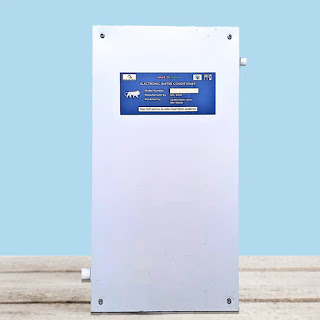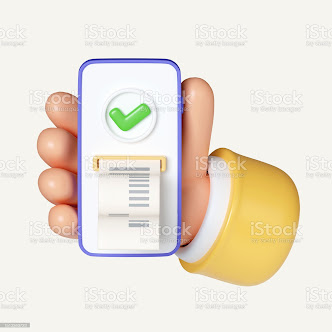The Ultimate Guide to Choosing the Right Water Conditioner for Hard Water
Hard water can be a real nuisance, causing limescale buildup, reduced appliance efficiency, and even skin and hair problems. If you're dealing with hard water issues, it's time to consider investing in a water conditioner. In this ultimate guide, we'll walk you through the essential factors to consider when choosing the right water conditioner for hard water. Read on to make an informed decision that will improve your water quality and overall lifestyle.
Understanding Hard Water:
Before delving into the factors for selecting a water conditioner, it is important to understand what hard water is. Hard water contains high levels of minerals such as calcium and magnesium. These minerals can lead to the formation of limescale, clogged pipes, and reduced effectiveness of soaps and detergents. A water conditioner is designed to mitigate these issues by removing or reducing the minerals responsible for water hardness.
Factors to Consider When Choosing a Water Conditioner:
1. Water Flow Rate:
Consider the flow rate of the water conditioner. This is crucial in determining how effectively it can handle the water hardness in your household. If you have a large household with high water consumption, you'll need a water conditioner with a higher flow rate to ensure sufficient water supply throughout your home.
2. Size and Capacity:
The size and capacity of the water conditioner will depend on the hardness levels and water usage in your household. A professional water analysis can help you determine the right size and capacity needed to effectively treat your hard water without compromising flow rate.
3. Type of Water Conditioner:
There are different types of water conditioners available in the market, including salt-based water softeners and salt-free water conditioners. Salt-based water softeners use ion exchange technology to remove minerals from water, while salt-free conditioners utilize alternative methods such as template-assisted crystallization or magnetic fields. Consider the pros and cons of each type to choose the one that best suits your needs.
4. Maintenance Requirements:
Evaluate the maintenance requirements of the water conditioner. Some water conditioners may require regular salt refilling, while others may need occasional cleaning or filter replacement. Make sure to factor in the ongoing maintenance costs and efforts associated with each option.
5. Certification and Warranty:
Always choose a water conditioner that is certified by reputable organizations such as the National Sanitation Foundation (NSF). Certification ensures that the product has undergone rigorous testing to meet industry standards. Additionally, check for a warranty to safeguard your investment and ensure peace of mind.
Conclusion:
Choosing the right water conditioner is essential for combating the challenges of hard water effectively. Consider factors such as water flow rate, size and capacity, type of water conditioner, maintenance requirements, and certification and warranty. By investing in a quality water conditioner, you can protect your appliances, improve the quality of your water, and enjoy a healthier lifestyle.
When it comes to selecting the perfect water conditioner for hard water, trust Geonsphere, a leading provider of water treatment solutions. With their expertise and a wide range of products to choose from, Geonsphere ensures that you find the ideal water conditioner that meets your specific needs. Say goodbye to hard water problems and hello to a healthier home environment with Geonsphere's top-notch water conditioners.
Remember, making an informed decision is the key to finding the right water conditioner for your hard water woes. Take these factors into consideration, explore your options, and enjoy the benefits of soft, high-quality water in your home!


Comments
Post a Comment